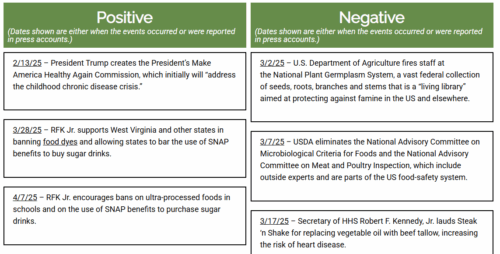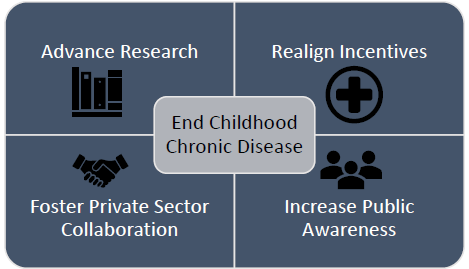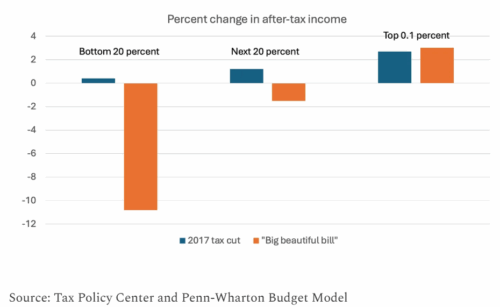Out today: The Lancet series on ultra-processed foods
Today, the Lancet publishes three major papers on ultra-processed foods and human health: science, policy, and politics (I am a co-author on the policy and politics papers). Here’s Peter Bond’s photo, the logo for the series.

THE PAPERS
I. SCIENCE
Ultra-processed foods and human health: the main thesis and the evidence. Carlos A Monteiro, Maria LC Louzada, Euridice Steele-Martinez, Geoffrey Cannon, Giovanna C Andrade, Phillip Baker, Maira Bes-Rastrollo, Marialaura Bonaccio, Ashley N Gearhardt, Neha Khandpur, Marit Kolby, Renata B Levy, Priscila P Machado, Jean-Claude Moubarac, Leandro F M Rezende, Juan A Rivera, Gyorgy Scrinis, Bernard Srour, Boyd Swinburn, Mathilde Touvier.
This first paper defines ultra-processed foods and diets as including three specific elements:
- Industrially produced
- Made from cheap ingredients extracted from whole foods, combined with additives
- Designed to maximize industry profits
It presents the evidence in support of three hypotheses about ultra-processed dietary patterns. These:
- Globally displace traditional diets based on whole foods.
- Reduce dietary quality.
- Are a key driver of the escalating global burden of diet-related chronic diseases.
II. POLICY
Policies to halt and reverse the rise in ultra-processed food production, marketing, and consumption. [Full text here] Gyorgy Scrinis, Barry M Popkin, Camila Corvalan, Ana Clara Duran, Marion Nestle, Mark Lawrence, Phillip Baker, Carlos A Monteiro, Christopher Millet, Jean-Claude Moubarac, Patricia Jaime, Neha Khandpur.
This paper presents evidence in support of policies to:
- Reduce intake of ultra-processed foods as well as those high in sugar, salt, and fats.
- Restrict the marketing, availability, and affordability of ultra-processed foods (examples: taxes, warning labels, advertising bans, limits on use in schools, etc).
- Restrict the marketing and political power of transnational food corporations (manufacturers, retailers, fast food chains, agricultural producers).
- Support the production, availability, and affordability of minimally processed foods.
III. POLITICS
Towards unified global action on ultra-processed foods: understanding commercial determinants, countering corporate power, and mobilising a public health response. [Full text here] Phillip Baker, Scott Slater, Mariel White, Benjamin Wood, Alejandra Contreras, Camila Corvalán, Arun Gupta, Karen Hofman, Petronell Kruger, Amos Laar, Mark Lawrence, Mikateko Mafuyeka, Melissa Mialon, Carlos A Monteiro, Silver Nanema, Sirinya Phulkerd, Barry M Popkin, Paulo Serodio, Katherine Shats, Christoffer Van Tulleken, Marion Nestle, Simón Barquera.
This paper describes how the food industry is the main barrier to reducing intake of ultra-processed foods.
Food companies exert political power through corporate political activities, coordinated through a global network of front groups, multi-stakeholder initiatives, and research partners. They:
- Engage in direct lobbying,, infiltrate government agencies, and litigate
- Promote corporate-friendly governance models, forms of regulation, and civil societies
- Frame debate, generate favorable research evidence, and manufacture scientific doubt
To counter such corporate practices, actions are needed to
- Disrupt the ultraprocessed business model
- Redistributing resources to other types of food producers
- Protect food governance from corporate interference
- Implement robust conflict of interest safeguards in policy making, research, and professional practice.
This paper also addresses and responds to criticisms of the ultra-processed concept.
KEY MESSAGE: Reducing production and consumption of ultra-processed foods is a priority global health issue.
Thereore, ultra-processed foods require a global response to:
- Confront corporate power,
- Reclaim public policy space
- Restructure food systems to prioritize health, equity, and sustainability over corporate profit.
No excuses. Get to work!
RESOURCES





